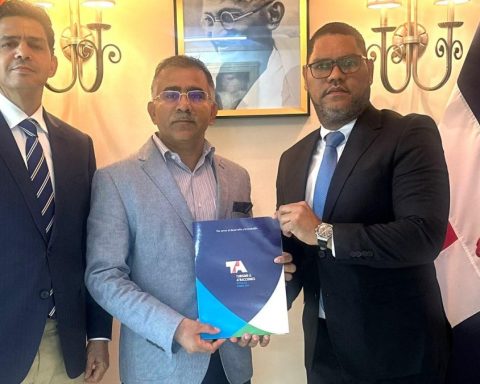Two Electrical Engineering academics from the Catholic University have presented an innovation that promises to revolutionize the electrical consumption in Chilean homes. Javier Pereda and Félix Rojas have developed the first second-life battery-solar hybrid inverter, designed to help families significantly reduce their electricity costs. This device will be tested in Santiago during the month of August, with the aim of demonstrating its numerous benefits for households across the country.
The multi-port hybrid inverter created by UC academics stands out for its ability to overcome power limitations, allowing the simultaneous connection of multiple devices, including electric car chargers. This system combines energy from solar panels and second-life batteries, providing power to both the home and the grid. lightJavier Pereda, project director, points out that this device not only improves the available power, but also reduces energy costs for consumers.
One of the main advantages of the hybrid inverter is its simplicity of installation, autonomy and intelligence in the electrical consumptionEquipped with a current sensor that measures electrical consumption in real time, the device automatically makes key decisions to optimize energy use. Whenever the system detects that the connected devices are about to exceed the maximum capacity of the home, solar power or batteries are automatically activated, avoiding the need to increase the capacity of the home’s electrical network.
The device has seven autonomous modes of operation that adapt to the various consumption needs of light of each home. These modes include “Sweet Sleep,” which charges the batteries during times of lowest energy cost, and “Sunday BBQ,” which uses solar energy to power high consumption. These modes allow for efficient and personalized management of energy consumption, maximizing savings for users.
This innovative project is part of a research initiative funded by FONDEF and has the support of several institutions, such as the UC Energy Center, the Energy Conversion Laboratory (PEClab) of the UC School of Electrical Engineering, Andes Electronics, the Energy Sustainability Agency and SERC Chile. The collaboration between these entities has been crucial for the development and implementation of the hybrid solar inverter that regulates the electrical consumption.


















